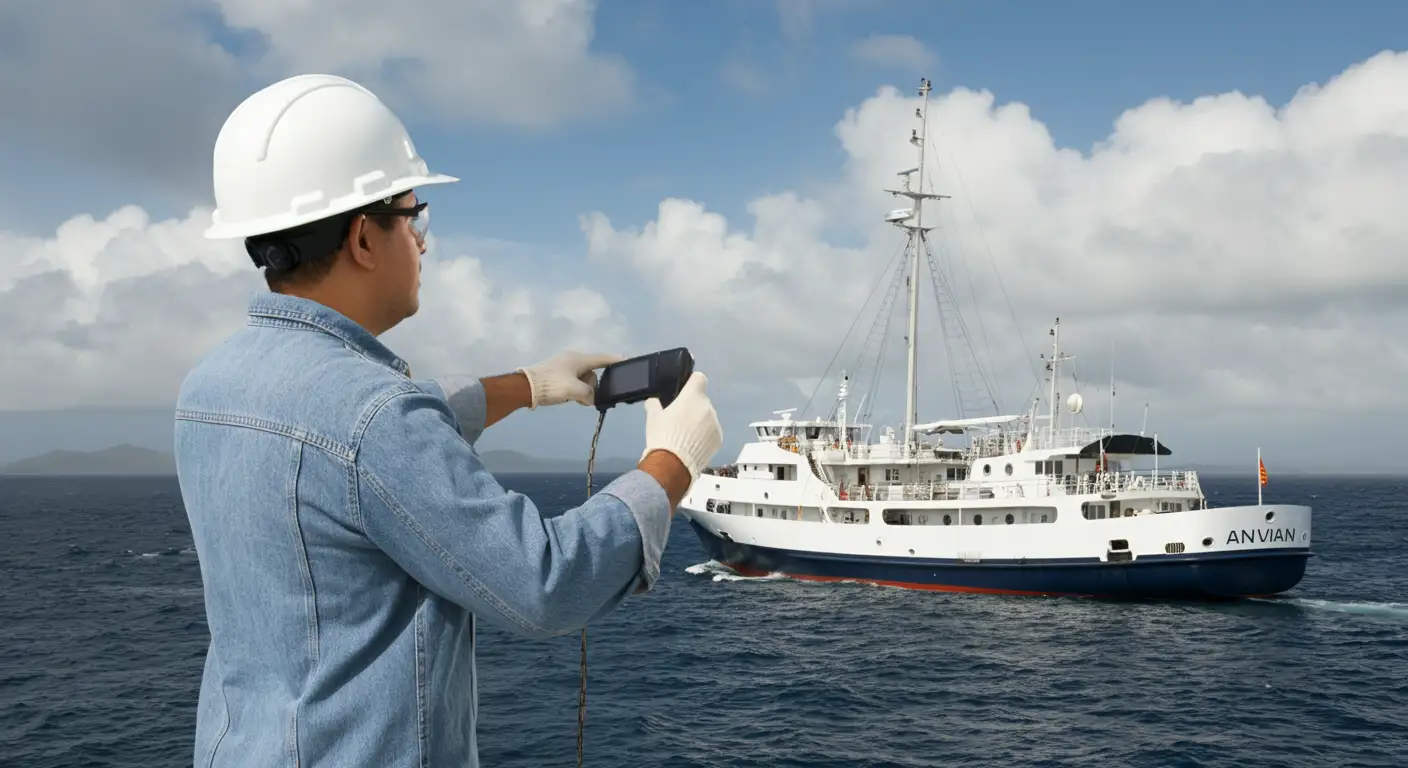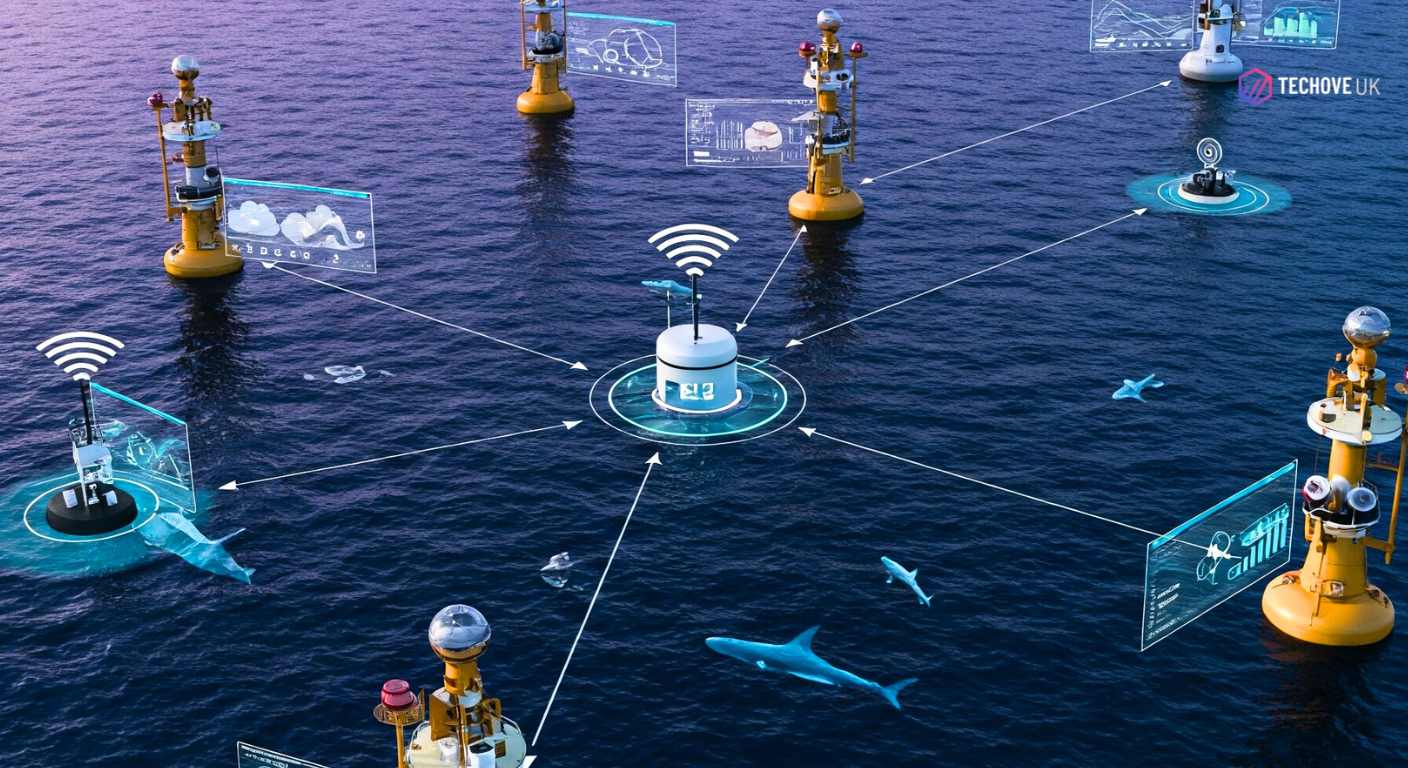Marine Technology vs Marine Engineering: A Comprehensive Guide for Young Learners
Welcome to Techove UK. We can write our amazing content experiment about Marine Technology vs Marine Engineering: Navigating the Seas of Innovation with powerful details and information.
When we think about the vast blue oceans and the incredible ships that sail across them, imagining a world of adventure, exploration, and innovation is easy. But behind every ship, submarine, or maritime marvel lies a team of brilliant minds working tirelessly to make it all possible. These experts belong to two fascinating fields: marine technology and marine engineering. While they may sound similar, they differ in what they do and how they contribute to the maritime industry.
This article will explore the exciting worlds of marine technology and marine engineering. We’ll break down their differences, similarities, career paths, and how they shape our understanding of the seas. Whether you’re a curious 5th grader dreaming about becoming a ship designer or someone who loves learning about the ocean, this guide is for you!
What is Marine Technology?
Marine technology is like the magic toolbox of the maritime world. It involves using advanced tools, machines, and systems to explore and work in aquatic environments. Think about underwater robots that can dive deep into the ocean or high-tech sensors that measure water temperature—these are all part of marine technology.
Marine technologists focus on creating innovative solutions for challenges faced in oceans and seas. They might design equipment for underwater exploration or develop systems to monitor aquatic life. Marine technology plays a crucial role in protecting our oceans, from helping scientists study coral reefs to building devices that clean up oil spills.
Key Features of Marine Technology:
- Focuses on developing tools and systems for marine environments.
- Includes robotics, sensors, navigation systems, and data collection technologies.
- Supports research in oceanography (the study of oceans) and environmental conservation.
What is Marine Engineering?
Now, let’s dive into marine engineering, which is like being the architect of ships! Marine engineers design, build, maintain, and repair ships and other watercraft, such as submarines or offshore platforms. They ensure these vessels are safe, efficient, and capable of handling harsh sea conditions.
Marine engineers work on everything from designing powerful engines to creating eco-friendly propulsion systems that reduce pollution. They also play a big role in maintaining the engine room, where all the mechanical magic happens on a ship.
Key Features of Marine Engineering:
- Focuses on designing and maintaining ships’ mechanical systems.
- Involves working with engines, propulsion systems, electrical systems (like those studied in electrical engineering), and more.
- Ensures safety standards are met for vessels operating at sea.
Marine Technology vs Marine Engineering: The Key Differences
While both fields contribute significantly to the maritime industry, their roles differ greatly:
| Aspect | Marine Technology | Marine Engineering |
|---|---|---|
| Focus Area | Tools & tech for ocean exploration | Designing & maintaining ship machinery |
| Applications | Underwater robotics & data collection | Engines & propulsion systems |
| Work Environment | Labs & research centers | Shipyards & onboard vessels |
| Skills Needed | Programming & electronics | Mechanical & electrical expertise |
In short: Marine technology might be your calling if you love gadgets and exploring new technologies related to oceans (like those studied at institutions such as Texas A&M Galveston). On the other hand, if you dream about building massive ships or working in an engine room aboard a vessel from a prestigious maritime academy, marine engineering could be your path!
👉Related Post: Intelligent Marine Traffic Management Systems: Enhance Safety & Efficiency
How Do You Study These Fields?
To become an expert in either field requires education—and there are plenty of options worldwide! Let’s take a look at some popular courses:
Studying Marine Technology
If you’re interested in studying marine technology:
- Look for programs offering degrees like Bachelor’s or Master’s in Oceanography or Applied Science.
- Universities such as Nova Scotia’s Dalhousie University offer specialized courses focusing on underwater robotics.
- Institutions like UniKL MIMET (Malaysian Institute of Marine Engineering Technology) provide hands-on training with cutting-edge tools.
Studying Marine Engineering
For aspiring marine engineers:
- Pursue degrees such as BSc Nautical Science or Bachelor’s in Mechanical/Electrical Engineering, focusing on maritime applications.
- Renowned schools like Texas A&M Galveston offer excellent programs combining theory with practical experience.
- Enroll at top maritime academies like India’s Merchant Navy Academy or Norway’s Maritime University.
Both fields require strong foundations in math and science—so start paying attention during your algebra classes!
Why Are These Fields Important?
The importance of both fields cannot be overstated when it comes to shaping our future:
- Environmental Impact: With growing concerns about climate change affecting oceans globally (as seen between 2020 and 2024), experts from both fields are working together to create sustainable solutions, like eco-friendly ships powered by renewable energy sources.
- Economic Growth: The global shipping industry moves over 80% of international trade! Without skilled professionals from these fields, ensuring smooth operations at sea ports worldwide, including Nova Scotia, the economy would face major disruptions.
- Technological Advancements: Innovations such as autonomous vessels rely heavily on collaboration between technologists who develop AI-based navigation software alongside engineers responsible for integrating hardware components onboard ships.
Marine Technology vs Marine Engineering (Statistical Data)
To create a perfect statistical data table comparing marine technology and marine engineering, we will first break down the two fields into their core aspects. This will help us understand their differences and similarities in a way that is easy for a 5th-grade reader to grasp. Below, I will explain each field, followed by a clear and simple table.
Key Differences Between Marine Technology and Marine Engineering
We’ll use simple language and examples to make this comparison easier for young readers (like 5th graders).
Statistical Data Table: Marine Technology vs Marine Engineering
| Aspect | Marine Technology | Marine Engineering |
|---|---|---|
| Focus Area | Tools like underwater robots or sensors to study the oceans | Building ships or fixing engines |
| Main Goal | Explore the ocean; improve how we use marine resources | Make sure ships work safely |
| Examples of Work | Designing ROVs (Remotely Operated Vehicles) | Fixing ship engines or designing new boats |
| Skills Needed | Knowledge of computers, programming, electronics | Knowledge of mechanics, electricity, and welding |
| Impact on Environment | Helps study pollution effects; creates eco-friendly technologies | Designs fuel-efficient ships to reduce pollution |
| Job Locations | Research labs, universities, underwater exploration companies | Shipyards, ports, naval bases |
| Famous Projects/Tools Used | Floating wind turbines; autonomous underwater vehicles | Propulsion systems; diesel-electric engines |
Why Are Both Important?
Both marine technology and engineering are crucial for understanding our oceans better while ensuring safe transportation across seas. For example:
- Marine technology helps scientists learn about coral reefs.
- Marine engineers build strong ships that can carry goods worldwide.
By looking at the table above:
- You might enjoy marine technology if you love science experiments or exploring new gadgets like robots or drones.
- If you like fixing things or building machines, marine engineering could be your choice!
Both fields work together to improve life for people dependent on the sea.
Top FAQs About Marine Technology vs Marine Engineering
1) What are the job prospects for marine engineers?
Marine engineers have excellent job prospects, especially with increasing global trade via shipping routes and advancements in green energy solutions like offshore wind farms. According to statistics from 2020–2024:
- The demand for marine engineers grew by 12%.
- Average salaries range between $80,000–$120,000 annually depending on experience.
2) Can I switch from marine technology to marine engineering?
Yes! While they are different fields, there’s overlap—especially if you have a background in electrical engineering or mechanical systems design.
3) Which field pays more: marine technology vs marine engineering?
Typically:
- Entry-level roles in marine technology pay around $50k–$70k annually.
- Experienced professionals in marine engineering, such as chief engineers managing engine rooms aboard large vessels, can earn upwards of $100k.
4) Are there any famous institutions offering courses?
Absolutely! Some top institutions include:
- Texas A&M Galveston (USA)
- UniKL MIMET (Malaysia)
- Maritime Academy programs worldwide
- Nova Scotia universities specializing in coastal studies.
5) Is either field better suited for environmental work?
Both fields contribute significantly! However:
- Marine technologists often focus on monitoring ecosystems using advanced tools.
- Engineers design eco-friendly ships, reducing carbon emissions.
Career Opportunities: Where Can You Work?
Whether you choose marine technology or marine engineering depends largely on your interests—but both offer diverse career opportunities:
Careers in Marine Technology
- Oceanographic Technician: Collect data about oceans using advanced instruments.
- ROV Operator: Control underwater robots exploring shipwrecks!
- Environmental Consultant: Use tech tools to monitor coral reefs’ health near Nova Scotia’s shores.
Careers in Marine Engineering
- Chief Engineer: Manage engine rooms aboard massive cargo ships.
- Naval Architect: Design warships for navies worldwide.
- Offshore Platform Engineer: Ensure oil rigs remain stable during storms.
Challenges Faced by Both Fields
While rewarding careers await those who pursue these paths, challenges exist too:
- Environmental Concerns: Both technologists and engineers must consider sustainability, whether building cleaner engines or creating less invasive exploration tools.
- Skills Gap: Reports from 2023 highlight a shortage of skilled professionals across both domains.
- Technological Advancements: Staying updated with AI-driven automation trends is crucial!
Fun Facts About Maritime Careers
Did you know?
- Over 80% of global trade happens via shipping routes!
- The Titanic had one of history’s most advanced engine rooms for its time—a marvel of early maritime engineering!
- Autonomous underwater vehicles developed through advances in marine technology now map unexplored parts of our oceans!
Conclusion: Marine Technology vs Marine Engineering
Choosing between marine technology vs marine engineering ultimately boils down to your passion:
- If you love inventing gadgets or exploring uncharted waters using cutting-edge tech, go for marine technology!
- If building powerful engines excites you, or if managing complex machinery sounds thrilling, marine engineering might be your calling!
Both fields promise adventure-filled careers where no two days are alike—from operating deep-sea robots off Nova Scotia’s coastlines to ensuring massive tankers sail smoothly across oceans!
So dive deep into learning more about these fascinating professions and who knows? Maybe someday YOU could lead innovations shaping our understanding (and use!) of Earth’s final frontier, the ocean!




